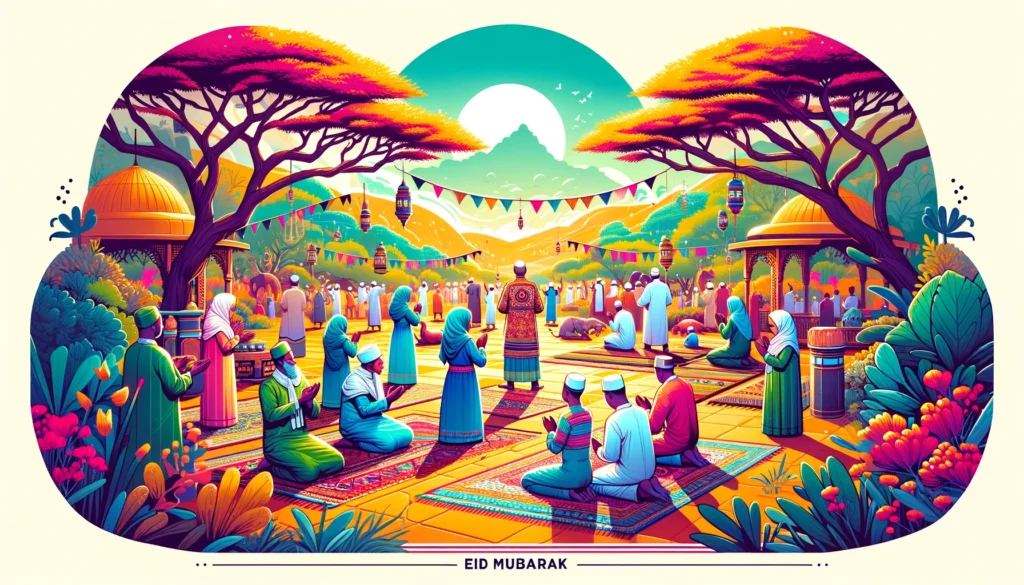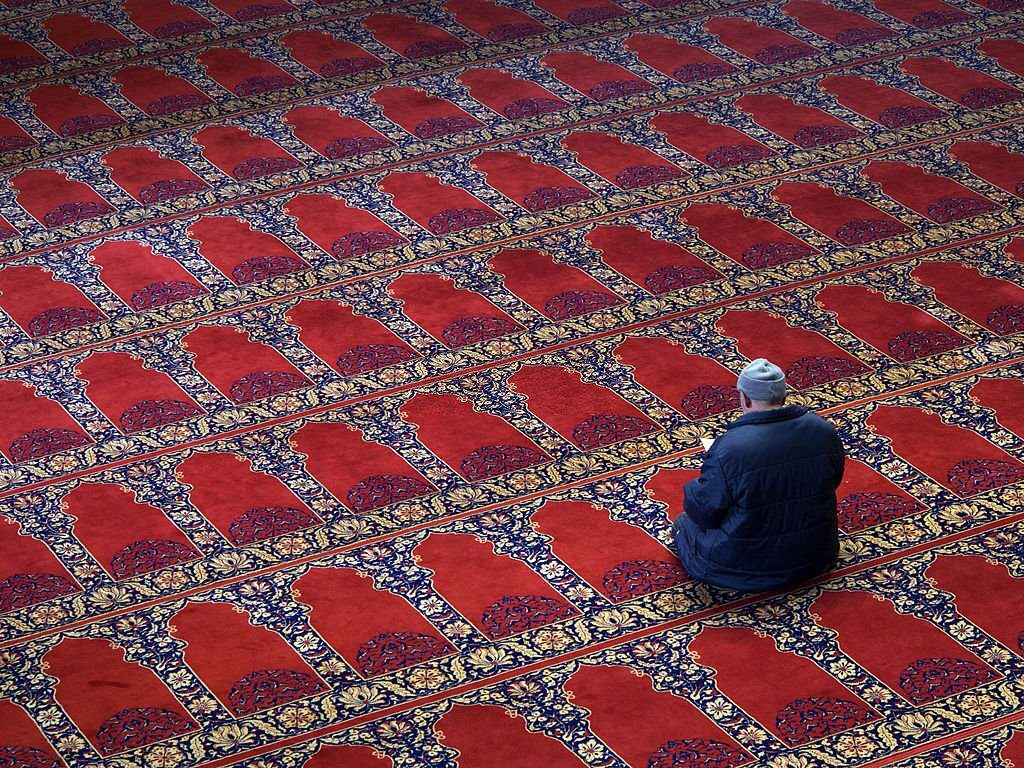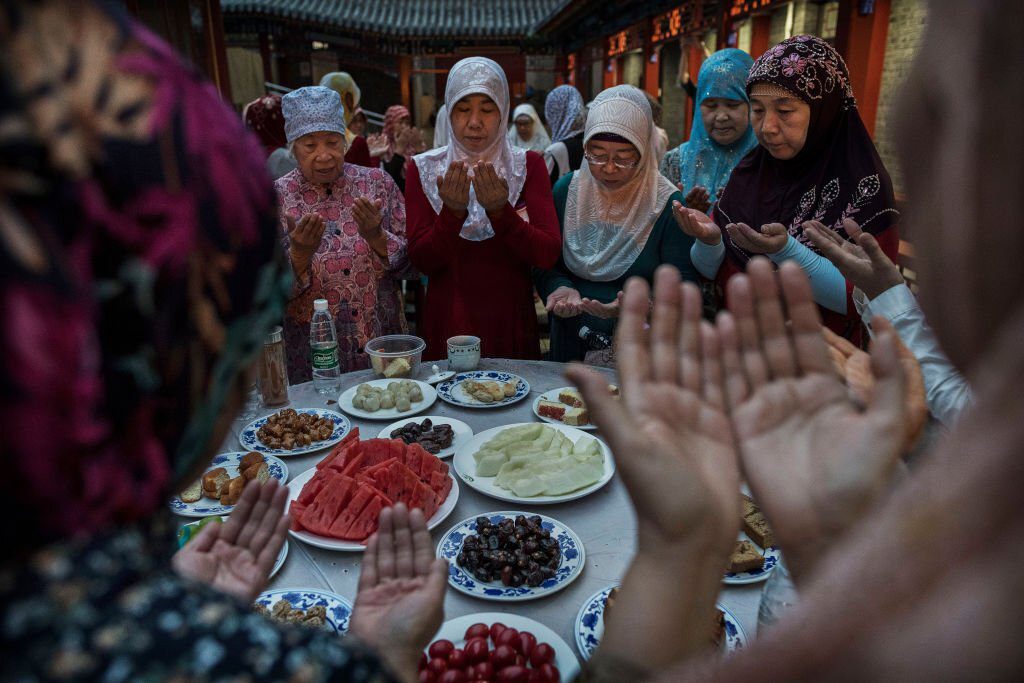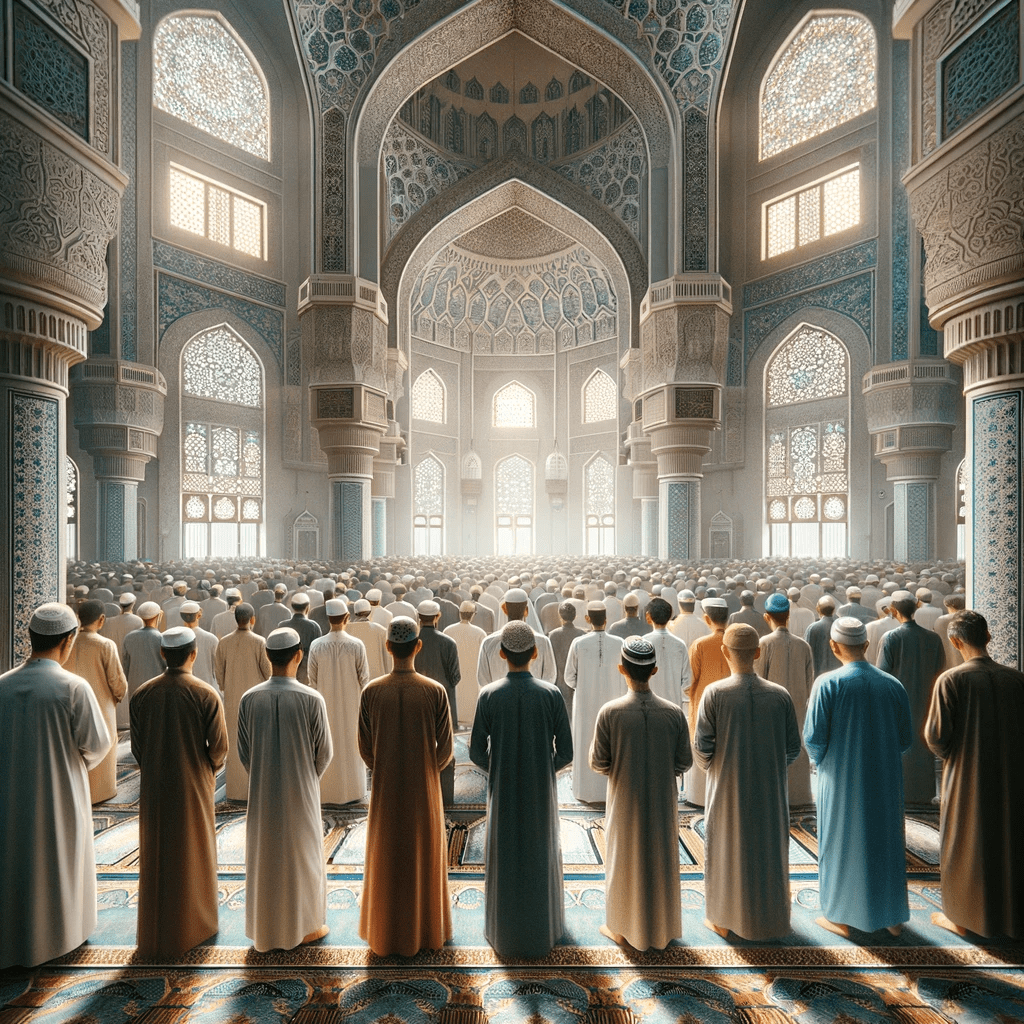Eid ul-Adha, known as the ‘Festival of Sacrifice,’ stands as one of the most significant celebrations in the Islamic calendar. It commemorates the Prophet Ibrahim’s willingness to sacrifice his son in obedience to God’s command.
When is Eid ul-Adha in 2024?
The moon has been sighted, and for 2024, Eid ul-Adha in South Africa is on the evening of Sunday 16th June 2024 and follow through to the 20th June 2024 in South Africa. The first day of Eid will commence on the 17th June 2024. This period is recognized as a public holiday in many Muslim-majority countries.
The first of day of Eid in Saudi Arabia, will commence on the 16th June 2024. This coincides with tenth day of Dhul Hijjah.
Eid Salah will commence around 7:45am.
Please consult your local masjid to confirm the time if you aren’t sure.
The Story Behind Eid ul-Adha
Eid ul-Adha, also referred to as the Feast of Sacrifice, is a prominent holiday observed by Muslims worldwide, lasting for three to four days. During this time, many Muslims attend special prayers held at major mosques and Islamic centers across the globe. It is customary for Muslims to wear new clothes and exchange gifts. Children enjoy a break from school, and many adults take time off work.
The origin of Eid ul-Adha is deeply rooted in the Islamic tradition. The Prophet Muhammad explained its significance by saying, “It is a tradition that has come down to us from Abraham.” This festival marks the historical event when Prophet Abraham was instructed by God in a dream to sacrifice his son, Ishmail. As Abraham was about to fulfill this command, the Angel Gabriel appeared with a ram, informing Abraham that his vision was fulfilled and that he should sacrifice the ram instead. This story is detailed in Chapter 37 of the Holy Qur’an.
Eid ul-Adha holds special importance as it coincides with the climax of Hajj, the pilgrimage to Makkah, which is the fifth pillar of Islam. This pilgrimage is obligatory for all Muslims who are physically and financially able to undertake it at least once in their lifetime.
Celebrations of Eid ul-Adha
During Eid ul-Adha, Muslims traditionally sacrifice an animal such as a cow, sheep, or goat. The meat from this sacrifice is then distributed among family, friends, and those in need.
The celebrations typically begin with Muslims attending prayers at the mosque. They dress in their finest clothes and express gratitude to Allah for the blessings they have received. It is also a time for visiting family and friends. Additionally, Muslims give money to charity to ensure that those less fortunate can also partake in the celebrations.
The Significance of Hajj
Eid ul-Adha is celebrated on the final day of Hajj, the annual pilgrimage to Makkah in Saudi Arabia. The Hajj, one of the Five Pillars of Islam, which includes Belief (iman), Prayer (salah), Charity (Zakah) and Fasting (saum), is a crucial aspect of Muslim faith and practice. Every Muslim who is able to undertake the journey is expected to perform Hajj at least once in their lifetime.
During the Hajj, pilgrims engage in various acts of worship and reflect on their faith and purpose in the world. A significant part of the pilgrimage involves standing before the Ka’bah, a sacred shrine built by Ibrahim, and praising Allah together.
The Hajj and the celebrations of Eid ul-Adha encapsulate the themes of devotion, sacrifice, and communal solidarity, highlighting their profound significance in the Muslim faith.
*** Dates were updated based on the sighting of the moon by the Crescent Observers Society






